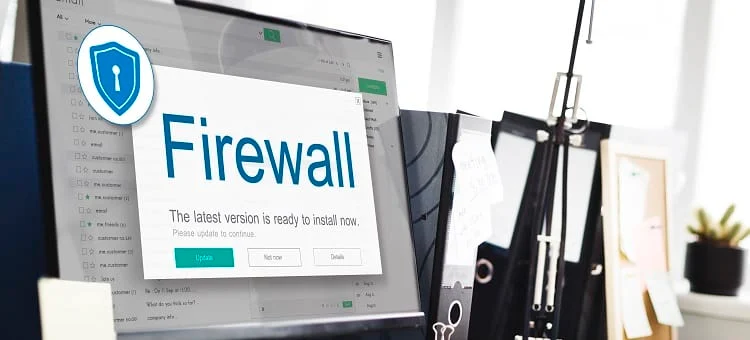A Virtual Private Network (VPN) is a service that enhances your online privacy and security by creating a secure, encrypted connection between your device and the internet. This encrypted “tunnel” ensures that your data remains confidential as it traverses the web. Reddit
How Does a VPN Work?
When you connect to a VPN, your internet traffic is routed through a remote server operated by the VPN provider. This process masks your real IP address, making it appear as though your online activities originate from the VPN server’s location. Additionally, the VPN encrypts your data, rendering it unreadable to third parties such as hackers, internet service providers (ISPs), or government agencies.
Why Should You Use a VPN?
-
Enhanced Security on Public Wi-Fi: Public Wi-Fi networks, like those in cafes or airports, are often unsecured, making them prime targets for cybercriminals. A VPN encrypts your connection, safeguarding sensitive information such as passwords and financial details from potential eavesdroppers.
-
Improved Online Privacy: Without a VPN, your ISP can monitor your browsing habits and may share this data with advertisers or authorities. Using a VPN conceals your online activities, ensuring greater privacy.
-
Access to Geo-Restricted Content: Some websites and streaming services restrict content based on geographic locations. By connecting to a VPN server in a different country, you can bypass these restrictions and access content as if you were physically present in that region.
-
Avoidance of Bandwidth Throttling: ISPs may intentionally slow down your internet speed based on your online activities, such as streaming or gaming. A VPN hides this information, potentially preventing throttling and providing a smoother online experience.
-
Secure Remote Work: For professionals accessing sensitive company data remotely, a VPN provides a secure connection to the organization’s network, protecting against potential data breaches.
Considerations When Choosing a VPN:
-
Reputation and Trustworthiness: Opt for VPN providers with a strong track record of reliability and a clear commitment to user privacy.
-
Speed and Performance: Ensure the VPN offers fast and stable connections, especially if you plan to use it for streaming or online gaming.
-
Device Compatibility: Confirm that the VPN supports all your devices, including smartphones, tablets, and computers.
-
User-Friendly Interface: A straightforward and intuitive interface makes it easier to configure and use the VPN service.
Incorporating a VPN into your digital routine is a proactive step toward safeguarding your online presence, ensuring that your personal information remains protected in an increasingly interconnected world.






